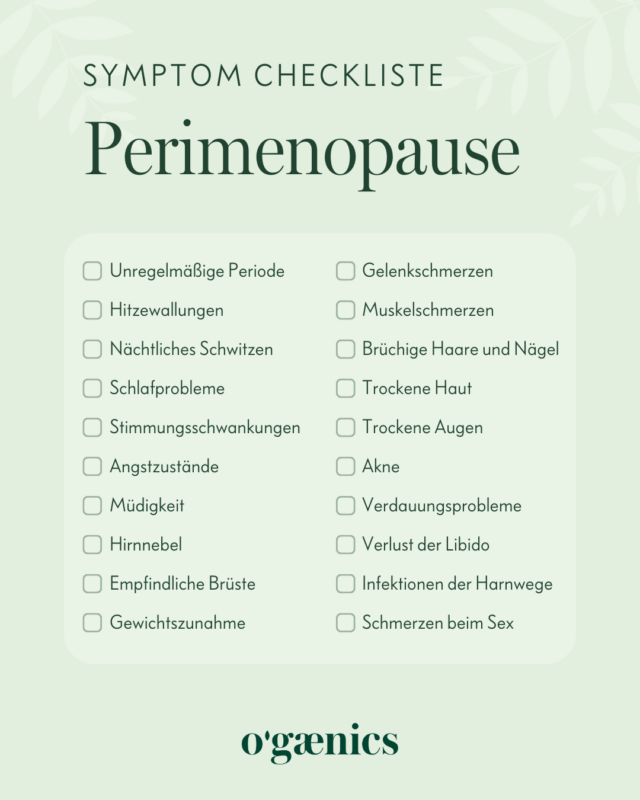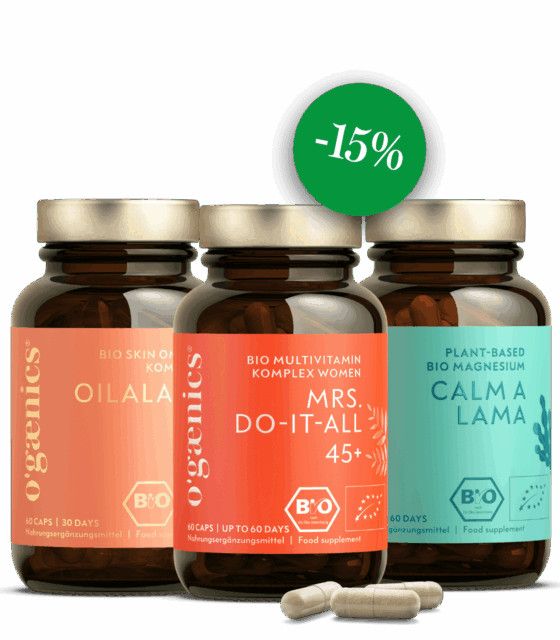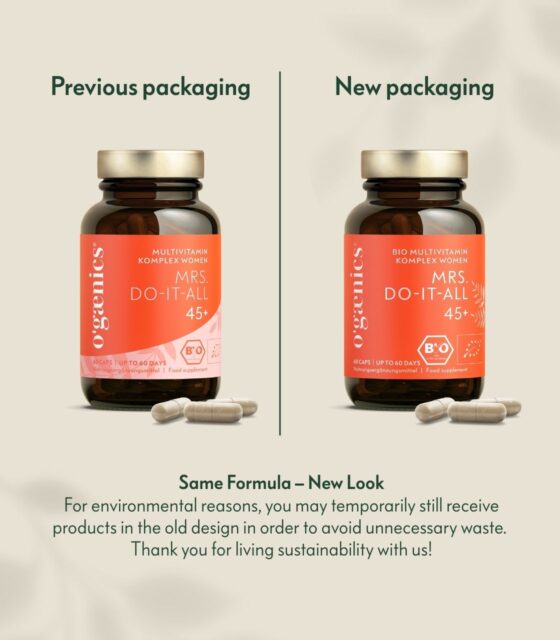Perimenopause is a period of change for women. Are you in yet? Find out.
Perimenopause is a natural stage of life that eventually reaches all women. Unfortunately, however, this phase of life is often overlooked or misunderstood. Yet it is so much easier to deal with it when you know what you are dealing with.
Because understanding the process of perimenopause can ease your anxiety and help you take control of your body as you approach the next chapter of your female life. Here you will learn everything you ever wanted to know about perimenopause.
What is perimenopause?
Perimenopause is the phase before menopause when your ovaries decrease production of the sex hormones estrogen and progesterone. This phase, sometimes called the transition to menopause, usually lasts a few years. Regardless of when you enter perimenopause, you will likely experience some physical and emotional changes in the early stages. These symptoms are caused by the typical hormonal fluctuations and hormonal decline during perimenopause.
Typical symptoms of perimenopause
Although everyone is different, the following signs and symptoms of perimenopause are very common:
- Irregular periods
- Hot flashes
- Night sweats
- Sleep disorders
- Mood swings
- Fears
- Fatigue
- Brain Fog
- Sensitive breasts
- More frequent / severe headaches
- Weight gain
- Joint or muscle pain
- Brittle hair and nails
- Hair loss
- Dry skin
- Dry eyes
- Acne
- Digestive problems
- Loss of libido
- Vaginal dryness
- Pain during sex
The perimenopause brings with it many changes, including for your hair. Did you know that a targeted nutrient supply can make a big difference to hair quality and growth during this phase of life? Read our article “Boost your hair growth and quality” to find out how you can keep your hair strong and healthy during the perimenopause with the right nutrients!
When does perimenopause begin and end?
Perimenopause can start as early as the 40s, but there are also cases where it starts earlier or later. The exact timing varies from woman to woman. Typically, perimenopause lasts about four to ten years and ends with the onset of menopause, when menstruation is absent for at least 12 consecutive months.
Can I get pregnant during perimenopause?
Yes, it is possible to become pregnant during perimenopause, although the likelihood decreases. As egg production becomes irregular, it is more difficult to determine ovulation. If you no longer want to get pregnant, it is advisable to use a reliable method of contraception until you are sure you have reached menopause.
What can be done when I am in perimenopause?
There are several ways to manage perimenopause symptoms and improve your well-being. Here are some tips:
- Talk to your doctor: consult your doctor to get an accurate diagnosis and talk about treatment options. Sometimes hormone replacement therapy or other medication can be useful to alleviate certain symptoms.
- Healthy lifestyle: A balanced diet, regular exercise and adequate sleep can help alleviate the symptoms of perimenopause. Also avoid stress and practice relaxation techniques like yoga or meditation.
- Alternative therapies: Some women find relief through alternative treatments such as acupuncture, herbal supplements or nutritional supplements. If you need advice on a routine that’s right for you, feel free to book a free appointment with our Ogaenics Nutrition Coaches.
- Self-care: Take time for yourself and do things that bring you joy. Seek interaction with other women in the same stage of life to share experiences and find support.
Conclusion
Although perimenopause is a period of change and can bring challenges, it also offers you new opportunities and insights. By educating yourself about perimenopause and actively working to improve your health and well-being, you can better manage this phase of life. Remember that you are not alone and that there are many resources and support to help you along the way. We are by your side. You can read more about the menopause under “How the menopause affects your gut health”.
Perimenopause: The most important nutrients for your well-being
Nutrient requirements change during perimenopause. To support optimal health, women over 45 should consume all essential vitamins and nutrients at the optimal dose. These include iron, zinc, selenium, vitamin B12, vitamin B6, vitamin A, vitamin C, vitamin E, vitamin D, magnesium and omega fatty acids.
Our Menopause Set provides you with comprehensive nutritional support during perimenopause with all these nutrients. Organic magnesium relaxes your nerves and promotes restful sleep. Oilalala nourishes and regenerates your now drier skin and mucous membranes and supports healthy cholesterol levels.








 No products in the cart.
No products in the cart.